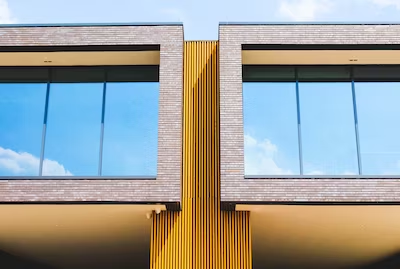The environment and the planet need us now more than ever! The depletion and degradation of natural resources, increasing carbon footprint, and global warming are all signs we need to change how we live. From our homes to our clothing or eating choices, change is inevitable.
If we talk about starting from your premises, why not turn it into an energy-efficient home? If you’re wondering how let us guide you through –
Home Insulation
If you add insulation to your home, you can effectively reduce bills and save energy on heating and cooling. When winter arrives, insulation will keep your home warm, while in summer, it will cool down your house. This reduces the need to turn on your heater or air conditioner, helping you save on energy bills.
Energy-Efficient Appliances
Next, you have the choice of choosing energy-efficient appliances. From your washing machine and refrigerator to thermostats and heaters, make smarter energy-efficient choices. For example, replacing old refrigerators with new ones is one way to save energy. Similarly, new ones are usually energy-efficient, which can save energy. Update your appliances with new ones that are now energy-efficient.
Change the Lights
You must have grown up seeing those heavy bulbs installed on your property and elsewhere. If you change these power-consuming bulbs into LED lights, you can save so much that it is beyond your imagination. LED lights use up to 80% less energy as compared to traditional bulbs.
Solar Panels
Solar panels are one of the most essential devices you need in your home. With these solar panels, you can use the solar energy to heat your home, reducing the costs. This is an age-old practice to reduce the rising energy bills.
These are some of the most prominent examples of how you can turn your home energy-efficient. If you want to contribute to the environment, here is your chance!






